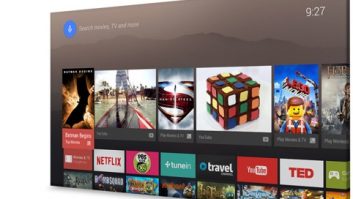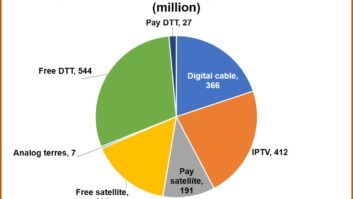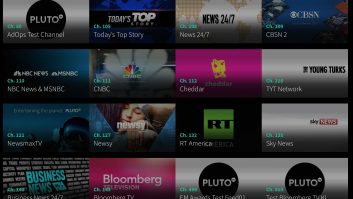Esports has gained huge momentum in recent years, showing no sign of slowing down any time soon. Competitive gaming currently has a global audience of 400 million and this number is expected to more than double by 2025. Unsurprisingly, broadcasters are actively looking for ways to bring the esports trend to their services in an attempt to tap into the huge opportunity to reach younger audiences. To do this however, broadcasters need to adapt the format and make it compatible for traditional TV audiences.
Getting the timing right
The esports content found on video streaming platforms, such as Twitch and YouTube, typically attracts a niche audience already deeply embedded in the world of online gaming. Therefore, broadcasters need to adapt the esports format so it is TV friendly and relevant to a wider audience.
Traditional esports matches can last for many hours without pause, and therefore there is a need for both shorter and easy to understand games with snackable, engaging add-on content about the players and trends.
The shifting focus onto simpler and less violent games in e-gaming, such as Street Fighter and Rocket League, will also allow broadcasters to reduce the length of esports programs from hours to minutes – making the genre compatible with the time constraints of TV.
Engaging traditional sports organisations
Another way that esports can be made TV-friendly is by partnering with traditional sports organisations. Such collaborations can drive the genre’s growth outside of its core fan base, helping to turn it into a global sport. The English Premier League recently followed the likes of the NBA and has started expanding into the world of completive gaming, launching its ePremier league, which will kick off in January 2019. Introducing esports programs that feature sports that are universally understood – such as football and basketball – can help broadcasters make the format more appealing to mainstream audiences.
An added benefit of broadcasters developing esports programming based on traditional sports is that they can also tap into the fan base of global sports stars. It has already been shown that celebrities can help drive esports viewership among mainstream audiences. For example, when the Canadian rapper, Drake, joined the popular Fortnite player Ninja on his Twitch stream, it broke the platform’s record for concurrent viewers on an individual stream and Ninja received more than 50,000 new subscribers. While entertainment personalities have streamed on Twitch before, this particular moment was described as a “transformative moment for gaming” by ESPN writer Rod Breslau as it gained worldwide attention. Broadcasters can replicate the Drake effect by using traditional sports stars that mainstream audiences already know and love as influencers and ambassadors for their TV esports offerings.
By working with traditional sports leagues, broadcasters can apply the same storytelling techniques used to amplify the human aspect of the sport and encourage audiences to root for an individual or team. For example, when Croatia played France in the final of 2018 FIFA World Cup, there was a buzz built around the match. It was Croatia’s first World Cup final and they were going up against former champions and tournament favourites which helped create a David and Goliath-style narrative.
Storytelling techniques for esports
Similar storytelling techniques can be applied to esports teams and players that have a unique story with an appealing human-interest angle. There’s the story of Amer “miracle” – Al-barkawi, for example. He would often be called “The Miracle Boy” and is famous in the esports world for setting records on Dota, the multi-player online battle arena video game, during his first year. However, it’s his humility and belief that he isn’t one of the best players on Dota that has endeared him to audiences and led to documentaries being made about his journey to success.
The esports momentum is going to keep on growing. World class brands like Mastercard are sponsoring League of Legends events; traditional sports leagues are launching esports competitions and there is even talk of advanced competitive gaming becoming an Olympic sport. Any forward-thinking broadcaster should be including competitive gaming into their programming line-up in order to re-engage the highly lucrative millennial and generation Z audiences. But in order for esports to succeed on TV the format needs careful adaptation to make it relevant to a wider audience. It’s an exciting challenge for broadcasters and one that will not only attract diehard gaming fans and mainstream audiences to their services, but also play a part in propelling esports into the mainstream arena.







